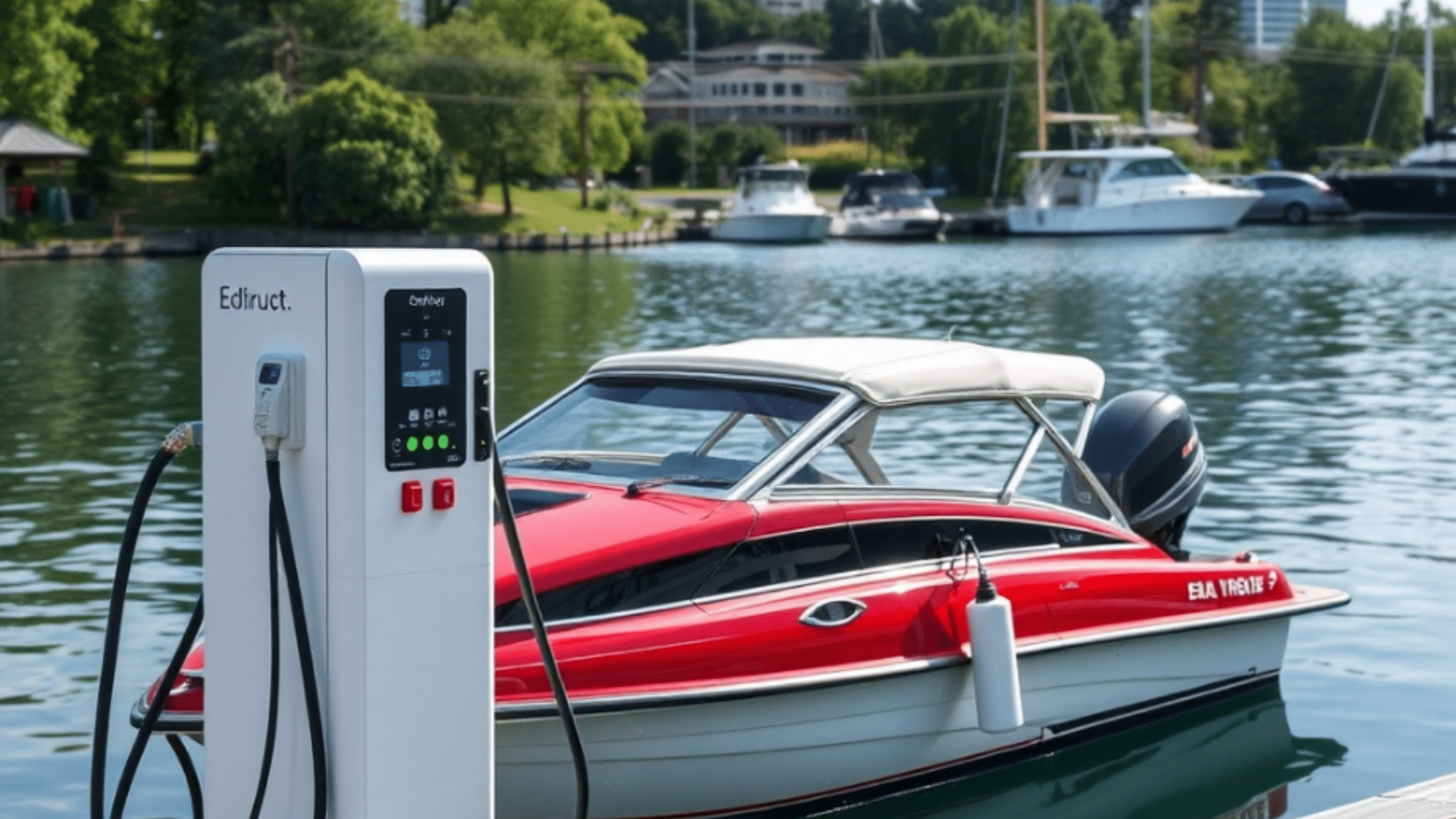As environmental awareness grows and technology advances, electric boats have emerged as a popular alternative to traditional gasoline-powered vessels. With benefits ranging from reduced emissions to quieter operation, electric boats are becoming a prominent choice for eco-conscious boat owners. This article explores the advantages of electric boats, current trends, and future prospects in the industry.
Benefits of Electric Boats
- Reduced Emissions Electric boats produce zero emissions while operating, significantly reducing their environmental impact compared to conventional boats. This is especially important in sensitive marine ecosystems like the Mediterranean and the French Riviera, where pollution can harm aquatic life and coastal communities.
- Lower Operating Costs Electric boats often have lower operating costs. Charging an electric vessel typically costs less than refueling a gas-powered boat. Additionally, electric motors require less maintenance due to fewer moving parts, resulting in lower overall upkeep costs.
- Quieter Operation Electric engines operate silently, providing a more enjoyable experience for both boaters and marine wildlife. This quiet operation is particularly appealing for recreational boaters who wish to enjoy the tranquility of nature without disturbing the peace.
- Increased Efficiency Electric motors are generally more efficient than internal combustion engines, converting a higher percentage of energy into propulsion. This efficiency translates into longer ranges and better performance for electric boats.
- Technological Innovations The electric boating industry is rapidly advancing, with new technologies like battery improvements and hybrid systems. These innovations enhance performance, range, and overall usability, making electric boats more accessible to a broader audience.
Current Trends in Electric Boating
Hybrid Solutions: Many manufacturers are now offering hybrid models that combine electric and gasoline engines, allowing for flexibility in different boating conditions. These models can switch between power sources depending on the need, which is especially useful for long-distance travel.
Charging Infrastructure: The expansion of charging stations along popular waterways is making electric boating more feasible. This trend is crucial for boaters concerned about battery range and accessibility.
Regulatory Support: Governments worldwide are increasingly promoting electric boats through incentives and regulations. Policies aimed at reducing emissions from marine vessels are encouraging more boat manufacturers to invest in electric technology.
Sustainable Practices: As sustainability becomes a primary focus in all industries, electric boat manufacturers are incorporating environmentally friendly materials and processes in their production lines.
A List of Electric Boats Today
Here’s a selection of notable electric boats currently available on the market:
- Pros: Fully solar-powered, spacious design, luxurious amenities.
- Cons: High initial cost, dependent on sunny weather for maximum efficiency.
- Pros: Hydrofoil technology for reduced drag, excellent range, sleek design.
- Cons: Higher price point compared to traditional boats, limited availability.
- Pros: Powerful electric motor suitable for larger vessels, extensive range.
- Cons: Requires specialized installation, higher initial investment.
- Pros: Hybrid system allows for flexibility, spacious interior.
- Cons: Complicated systems may require specialized knowledge for repairs.
ZEPHYR 800
- Pros: Top speed exceeding 30 knots and a cruising speed of 20 knots, the Zephyr 800 delivers impressive performance
- Cons: Higher upfront costs compared to their traditional counterparts.
- Pros: Combine sailing and electric propulsion, excellent for eco-friendly cruising.
- Cons: Sailing conditions can limit battery performance, requires sailing skills.
Pros and Cons of Electric Boats
Pros:
- Environmentally friendly with zero emissions.
- Lower operational and maintenance costs.
- Quieter operation enhances the boating experience.
- Technologically advanced with improving efficiency and range.
Cons:
- Higher initial purchase price compared to traditional boats.
- Limited range depending on battery technology and usage.
- Charging infrastructure is still developing in many regions.
- Performance can be affected by weather conditions, especially for solar-powered models.
Future of Electric Boating
The future of electric boating looks promising, with continuous innovations and a growing emphasis on sustainability. As battery technology improves, we can expect longer ranges and faster charging times, making electric boats a more viable option for a broader audience. Additionally, increasing regulatory support and societal shifts toward eco-friendliness will drive the demand for electric boats, reshaping the marine industry.


Leave Your Comment